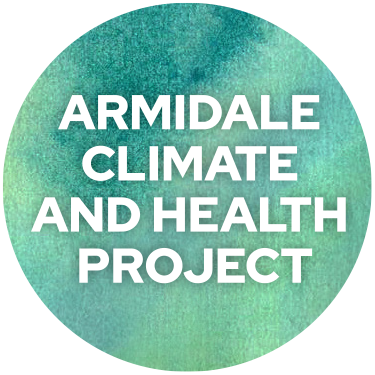We are excited to welcome Zoe de Castro onto the team as the research assistant for Phase 2 of the project. Zoe recently completed her Masters of Agricultural Science (majoring in Food Sustainability) from the University of Melbourne. She is passionate about building food systems which are place-based, equitable, sustainable and climate-resilient.
She has experience working with non-for-profit organisations such as, ‘Sustain: The Australian Food Network’, and ‘The Australian Food Sovereignty Alliance’ [AFSA]. With AFSA Zoe played a key role as editor of the organisation’s recent publication, “Eating Democracy: The True Cost of What We Eat” (2023), and “The 2023 Updated Peoples’ Food Plan”, a nation-wide crowd-sourced public policy document which advocates for radical and systemic transformation of the food system.
Zoe lives in a peri-urban area of Greater Sydney which once supplied the majority of fruit and vegetables to the city region’s food bowl. Now, its fertile soils and small-scale farmers are being overwhelmed by rapid and unsustainable urbanisation. She looks towards the Armidale Climate and Health Project [ACHP], and other regional communities of practice, as leaders of New South Wales’s community-driven transition towards nutritious, accessible and ecologically-sound food systems. In her free time, she has begun growing her own produce. She hopes to one day move beyond her current clientele of cabbage loopers and aphids, and to share the fruit (and vegetables) of her labours with her family, friends and community.
What piqued your interested in this project?
The ways in which we grow, process and distribute our food have always been critical determinants behind the equity of a society, the health of a community and the land, and its resilience to the increasing impacts of climate change. Phase 1 of the ACHP recognised this and approached the intersectional issue from a grassroots approach. I was immediately interested in how the project created a space (via the home garden tours, food schools and community dinners) for the diverse perspectives of community to be engaged in addressing key health and climate issues via a food systems approach.
What is/are your favourite community food initiatives/policies/networks?
I admire community food initiatives which work to build the capacity of individuals and community. For example, Food Lab Sydney is a culinary business incubator which supports refugees, migrants, Aboriginal Australians and low-income entrepreneurs by offering affordable kitchen space and mentoring and sales opportunities. In South Australia, the City of Onkaparinga enables resilient food systems by showcasing local case studies of sustainable food initiatives, mapping food security data, and supporting local food growing and skills through food education and training. Networks such as the Australian Food Sovereignty Alliance connect growers and eaters to create a more ‘food sovereign’ food system, whilst Sustain: the Australian Food Network, has an Australian Food Systems Directory, which makes emerging food systems movements in Australia visible in its diversity and scope.
What are the main challenges to climate adaptation and opportunities for adaptation in the food system as you see it?
One of the biggest challenges I see to climate change adaptation is that Australia has no national policy plan for climate change adaptation. Such cohesive, bi-partisan support on the issue is vital for state and local governments to be able to enact meaningful disaster resilience and adaptative measures. I recognise case studies of local food systems plans and community food initiatives (some included above) as key opportunities for food systems transformation to spread across the country. I also see increased media coverage and political attention on the rising levels of food insecurity to be a key opening for positive change in our food systems.
Do you have any food/climate/health related links or personal links (social media etc) you’d like to share (optional).
Loads!
Food:
- Young Farmers Connect
- Food Fairness Illawarra
- Podcast: Fair Food Futures
- Book: Eating Democracy: The True Cost of The Food We Eat (2023), AFSA (personal plug but a very important showcase of how diverse eaters across the country are taking individual actions to create a more democratic food system around them!)
Climate
Health

